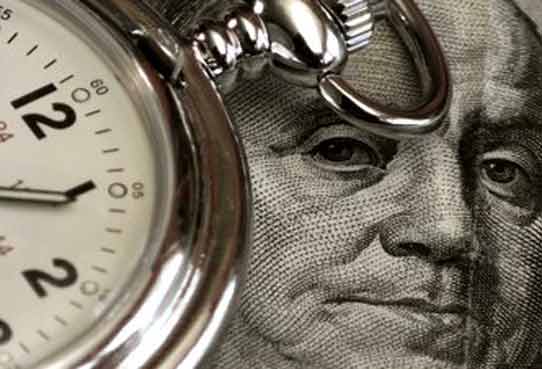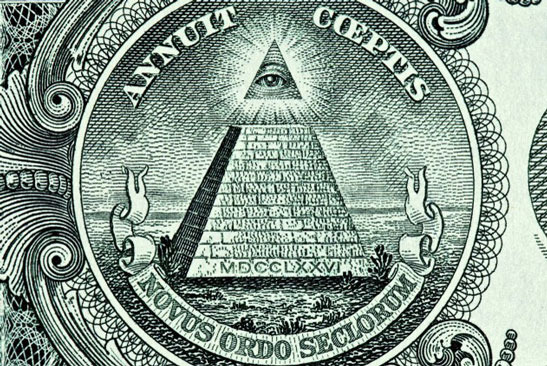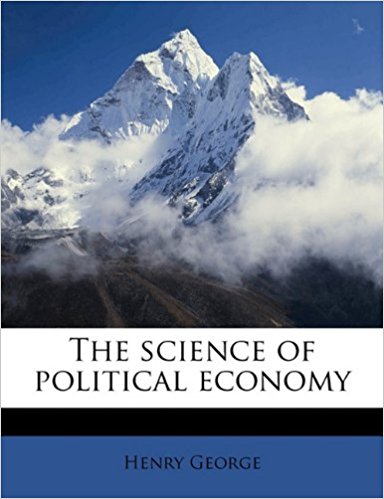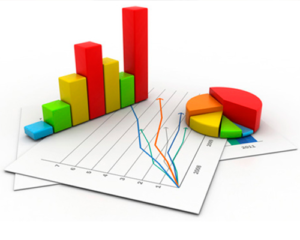HISTORY OF ECONOMIC THOUGHT
Session 4

The purpose of this course is to introduce students to the theories and doctrines that constitute the main paradigms from which economists and policy makers approach the world. The course will cover the contribution of classical economists such as Adam Smith and his contemporaries which is today the theoretical reference point from which other theories have come to define themselves, either by opposing it (Marxian economics), by attempting to reform it (Georgism) or by re-adapting it (Neoclassical school).
Instructor: Ron Rubin
Location: 149 East 38th Street, New York, NY 10016
Time: 6:30 PM – 8:30 PM
Dates: Mondays: 12/3, 12/10, 12/17, 1/7, 1/14
Main Text: R. Heilbroner, The Worldly Philosophers
Session 4





